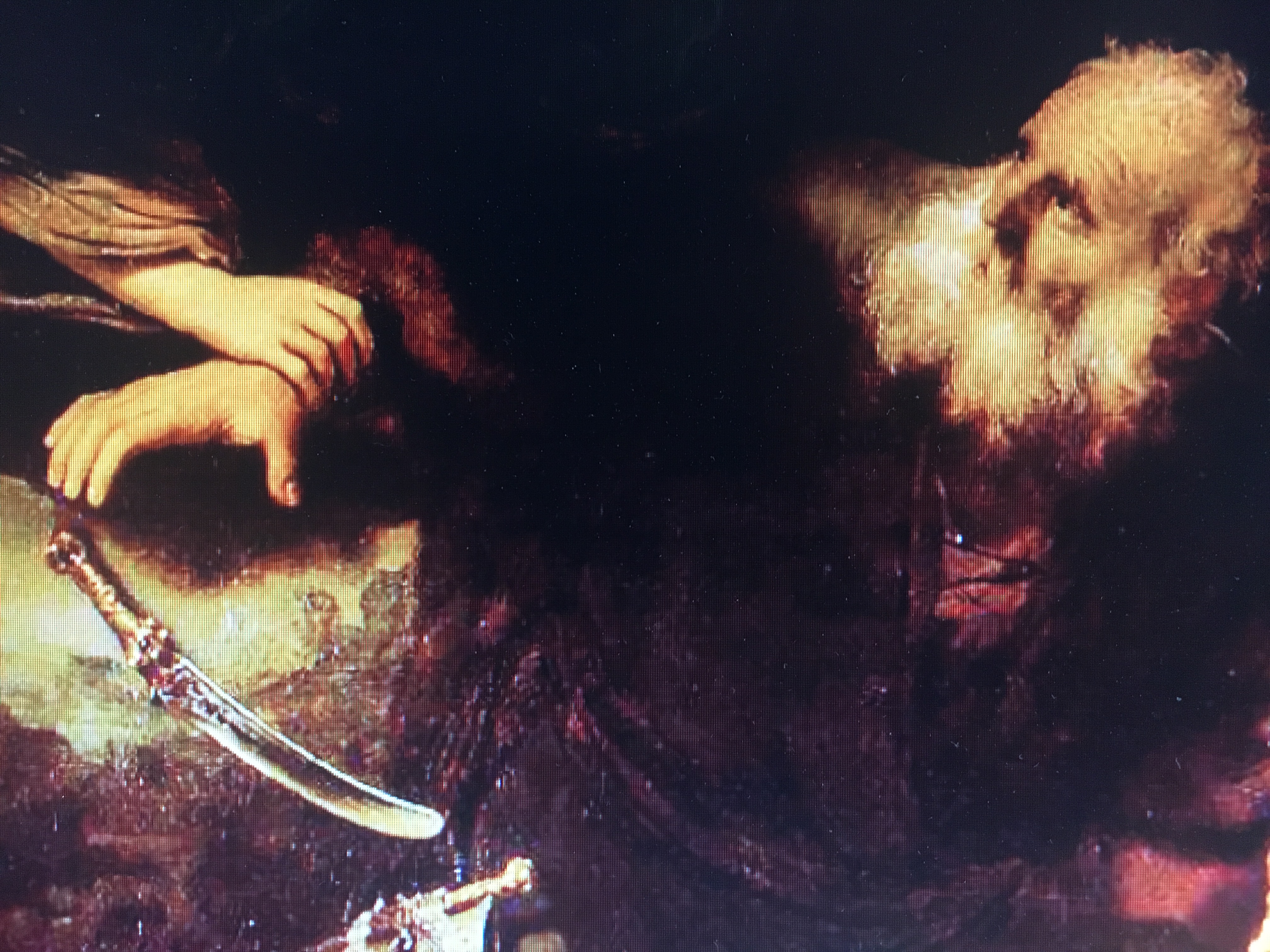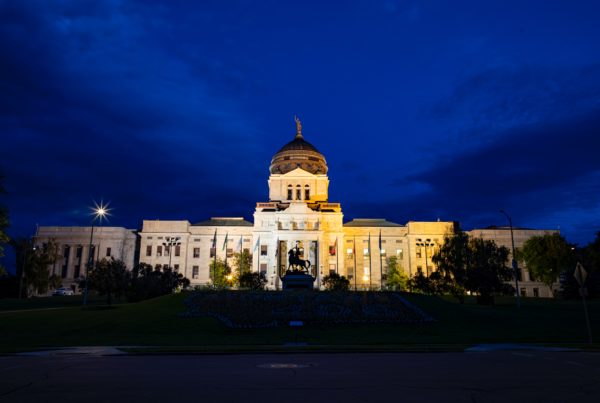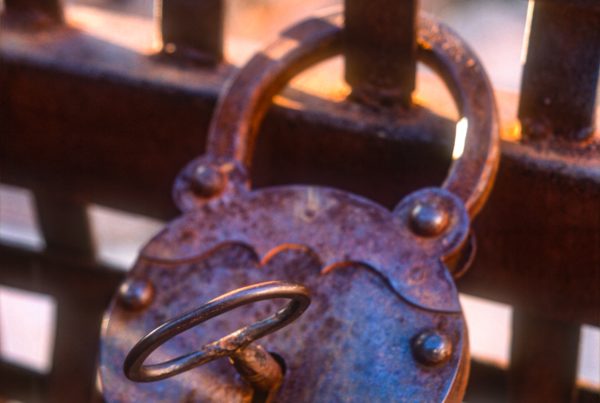Abraham loves Isaac more than life itself.
Abraham must now kill him.
Abraham is the father of all genuine faith. Tozer calls this chapter on Abraham, The Blessedness Of Possessing Nothing.
Abraham is arguably the most dominant person in every book of the bible outside of Jesus, and chapter 22 illustrates why. In one way or another, every biblical story from here on points back to this event: Abraham was willing, at God’s command, to sacrifice his only promised son.
Hebrews 11
Hebrews 11 grants us the privileged of looking into Abraham’s spiritual psychology, a nice way of peeking into Abraham’s thinking and feelings, as he took the weighted journey to the place of sacrifice.
Hebrews 11: 19 describes Abraham in possession of a supernatural kind of certainty—he knew God must resurrect Isaac back from the grave because God said Isaac was the only promised child.
And God cannot break his promise.
Still, the moment was rather uncertain.
Literal
The Hebrew reads in a more daunting manner than most English translations.
Take, pray, your son, your only one whom you love, Isaac. (v.2)
Moriah is historically understood as Jerusalem, and the place of sacrifice is the unique proud rock face, at one time enclosed by Solomon’s Temple, but currently housed inside the Islamic Dome of the Rock.
The instruction was to offer Isaac as a burnt offering, requiring death, then burning. The text simply says Abraham came to the place where God showed him, and the men with Abraham were instructed to stay behind.
Worship
Abraham somehow either understood what was asked of him as worship or understood he could only get through it with worship, either way, Abraham expected to worship God.
In a deep irony, Isaac is asked to carry the woodpile he will eventually lay upon.
Isaac, who is at this time a maturing teenager, asks, where is the sacrificial lamb? Abraham speaks with a tongue full of faith, “God will provide for himself the burnt offering.” If Abraham is credited with great faith at this moment, then Isaac must be credited with great trust. As a nearly grown young man, he allows his father to bind him to a sacrificial pile of wood and surrenders himself as well to God.
The Moment
Abraham took out a knife and then God moved.
The voice came from heaven, “do not lay your hand on the boy or do anything to him.”
Seen immediately was a ram caught in a thicket, and then Abraham named that place after God’s key characteristic: The Lord will provide, or in Hebrew, Jehovah Jireh.
Abraham received fuller assurance from God and returned with his only son and his most loyal men to Beersheba.
We don’t know if anyone talked on the way home.





